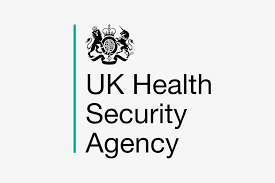
A consultant at the UK Health Security Agency (UKHSA) is calling on pregnant women in the East Midlands to take up the new RSV vaccine that will protect their babies from serious respiratory illnesses.
From September 2024, the RSV (Respiratory Syncytial Virus) vaccine will be available to all pregnant women following a study commissioned by the Committee for Vaccination and Immunisation (JCVI).
A recent detailed analysis[1] estimated that the new programme launching in England this autumn could typically prevent 5,000 hospitalisations and 15,000 emergency department attendances for infants.
The study bases its estimates on the assumption that uptake among pregnant women will be around 60%. It also estimated that the maternal programme could mean 70,000 fewer RSV illnesses in infants under 12 months, 20,000 fewer GP consultations and avoid more than 200 infants being admitted to intensive care units.
Despite infecting around 90% of children within the first 2 years of life, RSV is not something that many people are aware of. It typically causes mild, cold-like symptoms. However, it can lead to severe lung infections like pneumonia and infant chest infections and is a leading cause of infant mortality globally.
RSV illness is the main cause of winter pressures in children’s hospitals each year leading to pressure on paediatric intensive care units, including cancelled operations. It accounts for approximately 20,000 hospitalisations in children under 1 and is responsible for 20 to 30 infant deaths a year in the UK.
The UKHSA continues to work rapidly with NHS colleagues to ensure an effective roll out of the two new programmes and will also monitor the impact of the programmes through its routine national surveillance.
Dr Vanessa MacGregor, Consultant in Communicable Disease Control at UKHSA, East Midlands said: “RSV is a major cause of respiratory illness, which can be particularly dangerous for infants and elderly people. The virus can lead to pneumonia and infant bronchiolitis, requiring hospitalisation and intensive care in severe cases.
"From September this year, pregnant women can have a vaccine to help protect their babies against RSV. Studies have shown that the RSV vaccine is very safe for pregnant women and their babies.
"Everyone turning 75 years old on or after 1 September 2024 will be offered a single dose of the RSV vaccine. Your GP surgery will contact you to offer you an RSV vaccination appointment if you are eligible."
Professor Dame Jenny Harries, Chief Executive of the UK Health Security Agency, said: “These two new RSV vaccine programmes - one for pregnant women and another for older adults as they turn 75 - offer huge opportunities to prevent severe illness in those most vulnerable to RSV, helping to protect lives as well as ease NHS winter pressures.
“UKHSA has provided critical scientific information to evidence the benefits of a national RSV immunisation programme and so the rollout of the vaccine is a truly positive moment for the public’s health. I urge all those eligible, to take up the offer when the programmes begin in September.”
With the RSV vaccine available from 1 September 2024 in England, a mother from Southampton, Christine Burlison, whose baby became seriously ill from the virus, is urging pregnant women to get vaccinated and ensure they give the best protection to their newborns at a time when they are most at risk from RSV. Christine’s daughter and son both contracted the respiratory condition as babies.
Christine’s daughter Aria was 11 days old when she began struggling to breathe and was hospitalised. Doctors said she had developed bronchiolitis, a blocking of the airways in the lungs, as a result of RSV.
Aria recovered, but after her little brother Jude was born, he also got RSV. But this time the family knew how to spot the signs, and he was only in hospital for a few hours.
Christine said: “Now having the option of a vaccine that could prevent other families having to go through the same experiences as ours did is simply amazing. The most terrible thing that you can face as a parent is seeing your child struggling to breathe. Knowing now that there is a vaccine that could remove all that worry, and anxiety is just incredible. Having that protection for a newborn is all you could wish for as a parent.”
While RSV infections can occur all year round, cases usually peak every winter around December, so it’s important that those eligible take up the offer as soon as possible when invited by the NHS from September.
Dame Jenny Harries added: “Having the vaccine during every pregnancy is the best way to protect your baby against RSV, as the vaccine boosts your immune system to produce more antibodies against the virus, and these then pass through the placenta to help protect your baby from the day they are born. The vaccine reduces the risk of severe bronchiolitis by 70% in the first six months of life.
“The RSV vaccine is the safest way to protect you and your baby. It has been approved by medicines regulators in the UK, Europe and the USA. Many thousands of women have had the vaccine in other countries, including more than 100,000 women in the USA.”
Andrew Gwynne, Minister for Public Health and Prevention, said: “Maternal vaccinations are crucial to protect newborns from life-threatening illnesses like RSV.
“Sadly my grandson caught RSV, just days after he was born. It led to weeks in intensive care and persistent, long-lasting health issues. I wouldn’t wish that on any family. This new vaccine programme offers us an opportunity to prevent similar trauma, helping stop thousands of hospitalisations while saving precious lives.
“I urge everyone eligible to get the vaccine. By doing so, you will provide protection from the first day of your baby’s life and safeguard your child’s future.”
Steve Russell, NHS National Director for Vaccinations and Screening, said: “This is a vitally important study demonstrating the huge impact the RSV vaccine will have, reducing pressure on NHS services during the winter months but more importantly keeping infants out of hospital and saving lives.
“The NHS will be rolling out the vaccine from 1 September and with RSV infecting around 90% of children in their first two years of life, we strongly encourage pregnant women who are 28 weeks pregnant or more to speak to their maternity team or GP about getting vaccinated - it could save your child’s life. While those aged 75 to 79 should come forward as soon as they are invited by their GP.”
In addition to the maternal vaccine programme, a free RSV vaccine will be offered to all those turning 75 years on or after 1 September, along with a one-off campaign for those already aged 75-79 years.
The same modelling – using enhanced surveillance of older adult admissions[2] – suggests that the first season of the older adult’s catch-up programme could prevent around 2,500 hospital admissions, 15,000 GP visits and 60,000 RSV illnesses in adults in this age group.
[1] Hodgson et al, Lancet Regional Health Europe, 2024. Protecting infants against RSV disease: an impact and cost-effectiveness comparison of long-acting monoclonal antibodies and maternal vaccination Available from PubMed Central See also JCVI full statement on RSV, September 2023 for further summaries of the programme modelling.
[2] Hodgson, Lim and Watson. Working paper on older adult RSV catch-up programme impact, 2024. Via this link.
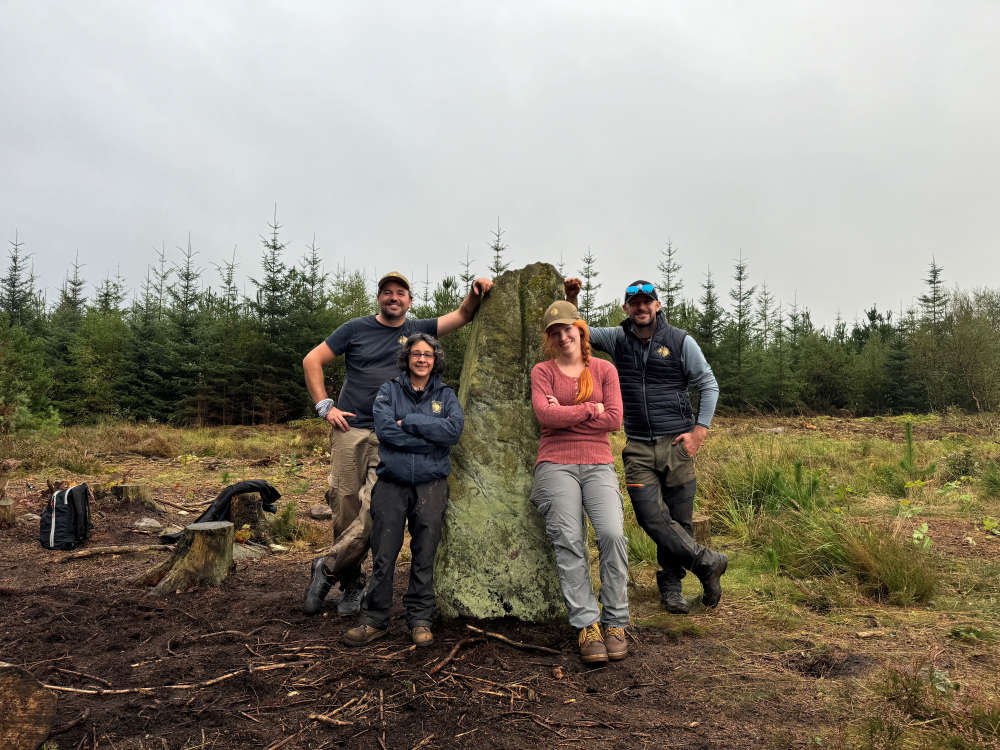 3,700-year-old stone circle discovered in Derbyshire forest
3,700-year-old stone circle discovered in Derbyshire forest
 County Council moves forward with its proposals to “Keep Derbyshire Together”
County Council moves forward with its proposals to “Keep Derbyshire Together”
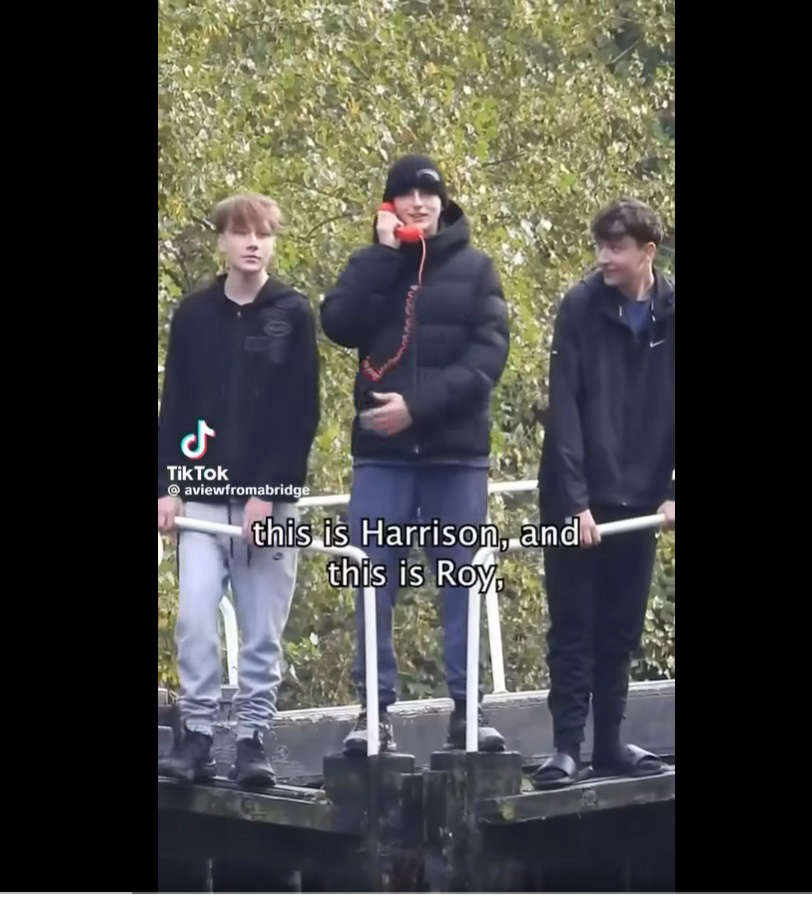 Ilkeston youngsters post heartfelt video on a lack of activities, public perception, personal issues and future hopes
Ilkeston youngsters post heartfelt video on a lack of activities, public perception, personal issues and future hopes
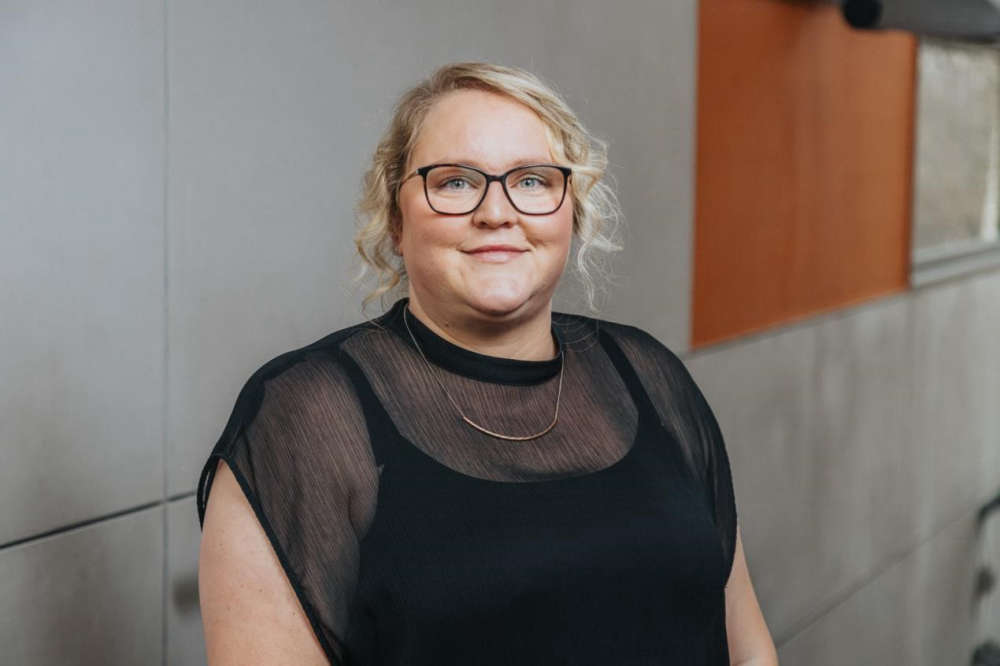 Empowering SEND Learners: A comprehensive engagement and support platform
Empowering SEND Learners: A comprehensive engagement and support platform




